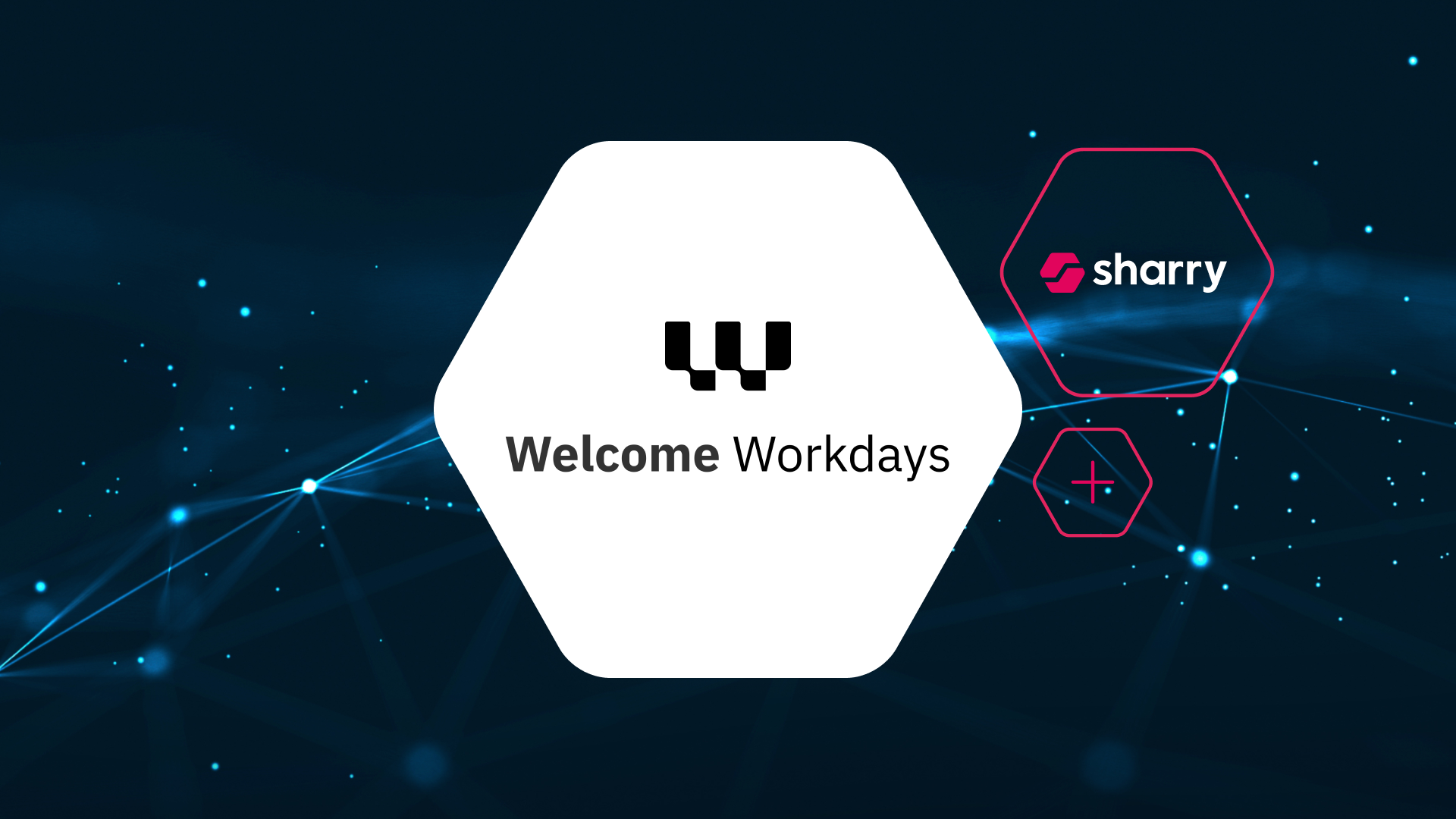What Will Be The Strongest PropTech Trend Shaping Workplace Experience In 2023?

We've asked 6 PropTech consultants. Their predictions? Occupant-centric models, better access to data, ESG, IoT sensors, tenant enablement, or enticing workers back to the office. Why?
The world of PropTech and commercial real estate is evolving at an unprecedented pace, and the year 2023 promises to bring significant changes. Many enterprises and landlords are seeking to redefine their workplace strategies in light of the ever-evolving landscape.
To gain insights into what lies ahead, we spoke with six PropTech consultants from different parts of the world who offered their predictions on the trends that will shape the property industry in 2023. (Check out also the list of TOP Proptech consultants operating in the U.S. or Europe!)
Empowering Tenants
“One of the main development drivers of upcoming years for PropTech, in my opinion, will be TENANT ENABLEMENT. Over the years we saw a rise of building solutions that help to increase the experience and performance of buildings. Most of them were approached on a building level.
Today, with new ways of working, tenants are building a stronger demand for technological solutions. They often implement their own tools and require a possibility of integration to the building systems. Empowering tenants to manage, analyse and change settings in the building with ease will matter the most.
This means a new approach on designing systems and APIs, so everyone can access specifically their own data. Additional push comes from the need of reporting ESG. Companies will need to have unified reporting tools on many different locations of their offices, stores or logistic centres – for example for energy consumption data (which is just a start!)”

Renata Hartle
Technology Solutions Director
Colliers
Make A Positive Impact
“The transparency and data behind ESG (Environmental Social Governance) will be the most important trend in 2023.
Environmental - The deployment of technologies to ensure that the workspace can dynamically adapt to the use of the office space to reduce wasted energy (28% of carbon emissions from real estate are from building operations) and maximised comfort for people will help support the proactive asset management of any space. Sharing this data with employees will ensure transparency on what the business is doing to reduce their impact on the environment and provide an optimised working environment (indoor air quality sensors) for when employees are working from the office.
Social – the use of tenant amenities/experience apps with other businesses within the same building or surrounding buildings will provide benchmark data on how the building is able to make a positive impact. Be that through redemption of offers to support local businesses, or educational events to support the climate change initiatives for the workspace.
Governance – the use of technologies to validate the company’s policies around sustainable business objectives. That could range from recycling Vs landfill waste management data to digital screens in the workplace displaying the total energy consumption by the office.”

Freddie Pritchard-Smith
Co-founder
Trustek Group Ltd
Better Access To Data
“Working smarter, not harder, is a key theme in PropTech this year. But it’s not just about building better workflows through technology. PropTech can transform the workplace experience by breaking down the data silos that hinder growth and productivity.
Better access to data — combined with digital automation — makes work faster and easier, so people can focus on the essential human insights and actions that fuel business growth. By uniting good data across operational boundaries, along with enabling more effective communication, PropTech will empower builders and developers to create truly efficient and effective digital transformation.”

John Cecilian, Jr.
CEO
Cecilian Partners
The Next Stage Of Acceptance For Remote Work
"In 2023, we will experience the next stage of acceptance for remote work as more and more companies develop hybrid working models to suit their employees in the post-pandemic workplace. Hybrid work will take many forms but as occupant-centric models evolve to entice employees back to the office, we will begin to see occupancy analytics technology providing the base for more companies to consolidate and downsize their workspaces to reduce costs.”

Daphne Tomlinson
Senior Smart Buildings Research Associate,
Memoori
Generate A Smart Employee Experience
“The use of smart building features not only reshapes but improves the workplace experience for both employees and building owners. IoT sensors generate data to improve the employees’ well-being, health and motivation. For example, data about indoor air quality through measuring humidity, Co2 & VOC content, as well as temperature, can ultimately have a positive impact on employee health.
The same can also be said for human centric lighting concepts. In addition, booking systems for meeting rooms and desks via a smart building management platform boost comfort and enable new work concepts. Data on the availability of rooms allows an efficient use of office space.
The trend will be a further linkage of IT/OT, building automation & services, Office IT, and media technology to make the best use of buildings and additionally generate a smart employee experience.”

Andreas Kaup
IT-Consultant Smart Technologies
ComConsult GmbH
Enticing Workers Back To The Office
(Editorial note: Verdantix provided us with an insight from their report.)
“The year 2022 posed a range of challenges for real estate, such as energy price volatility, high inflation and flexible working practices. Based on our research, Verdantix forecasts that one of the key trends of 2023 will be the focus on employee engagement and enticing workers back to the office.
There is now a consensus that the purpose of the office has evolved. It has become a more collaborative and social space, for employees to work together, build the culture of a firm and reaffirm social bonds. Traditional single-desk layouts are in need of a refresh – and many offices will require reconfiguration to support the new realities of work. Visibility into how buildings are used is fundamental to their redesign.
In response, the appetite for space utilization monitoring software grew significantly last year; Verdantix research reveals that 35% of real estate and facilities managers extended the use of software across their portfolios (see Verdantix Global Corporate Survey 2022: Smart Building Technology Budgets, Priorities & Preferences).
After a year of experimentation and analysis of usage patterns, this year will see firms act more decisively on redesigns. Fifty-eight per cent of respondents plan to accelerate their space optimization efforts in 2023. Firms with their finger on the pulse, such as LinkedIn, have been quick to remodel their offices to suit new demands. Most firms expect to have finalized their hybrid working policies within the year and more regular and predictable occupancy patterns will kick-start more extensive enhancement investments.”

Verdantix
To learn more visit verdantix.com
Want to be the first to read more insights and valuable takeaways from key persons in PropTech and the commercial real estate branch?
Sign up for our newsletter (use form below) and we'll keep you updated (about once a month – no spam!)















.png)
